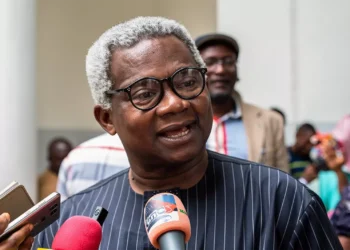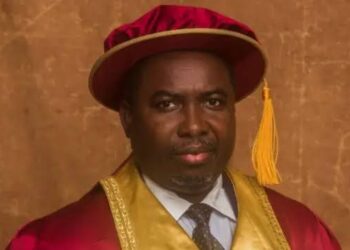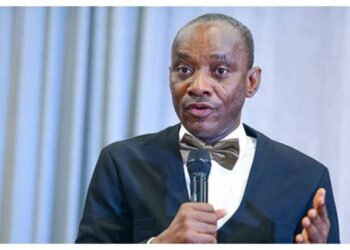According to Kaduna State Governor Uba Sani, poverty and economic marginalisation are the main drivers of insecurity in northern Nigeria. He cautioned that unless these issues are resolved comprehensively, the region will continue to experience instability.
He claimed that this left a large number of youths open to being recruited by armed organisations.
While appearing in an interview, the governor stated that he had very humble beginnings, adding that his activism during the military era took him to detention a few times.
Sani said his administration began with a data-driven focus on poverty and underdevelopment, drawing on his experience as a former chairman of the Senate Committee on Banking.
“When I came in as governor, what I did was to look at the poverty index, not only in the state but of the entire North. I was the chairman of the Committee on Banking. I had the data, the statistics from the Development Department of the Central Bank, from the SDG. I can tell you, sitting here, the poverty index as of 2023, when we came in, was alarming,” he explained.
He claims that when he took government, between 60 and 65 per cent of the northern population, particularly in the North-West, was economically excluded. He claimed that this left a large number of youths open to being recruited by armed organisations.
I can tell you that poverty and unemployment are major economic factors contributing to this insecurity problem. Because of this, these bandits can easily recruit our people,” he stated.
Despite the fact that poverty is contributing to instability in Northern Nigeria, Kaduna State Governor Uba Sani is optimistic about the country’s future, particularly in terms of its economy.
Sani also revealed that more than 350,000 children were not attending school in Kaduna State when he took charge.
“Today, we are addressing the problem gradually. Two months ago, I sat down with the Vice President of the World Bank. We looked at the UNICEF statistics. I can tell you that out of the 18.2 million out-of-school children today, the North is responsible for about 70% of that number.
“There are improvements in taking out-of-school children; the figure is different, and we are addressing the problem gradually,” he said.
However, the governor cautioned that sustained dedication and reasonable expectations would be necessary to resolve the situation. After reflecting on years of policy negligence, Sani acknowledged that the area had not addressed the situation sooner.
The governor called on Northern leaders to work together to address unemployment and poverty.
The governor also noted that the region’s poverty was largely caused by deficiencies in healthcare, education, and infrastructure.




































